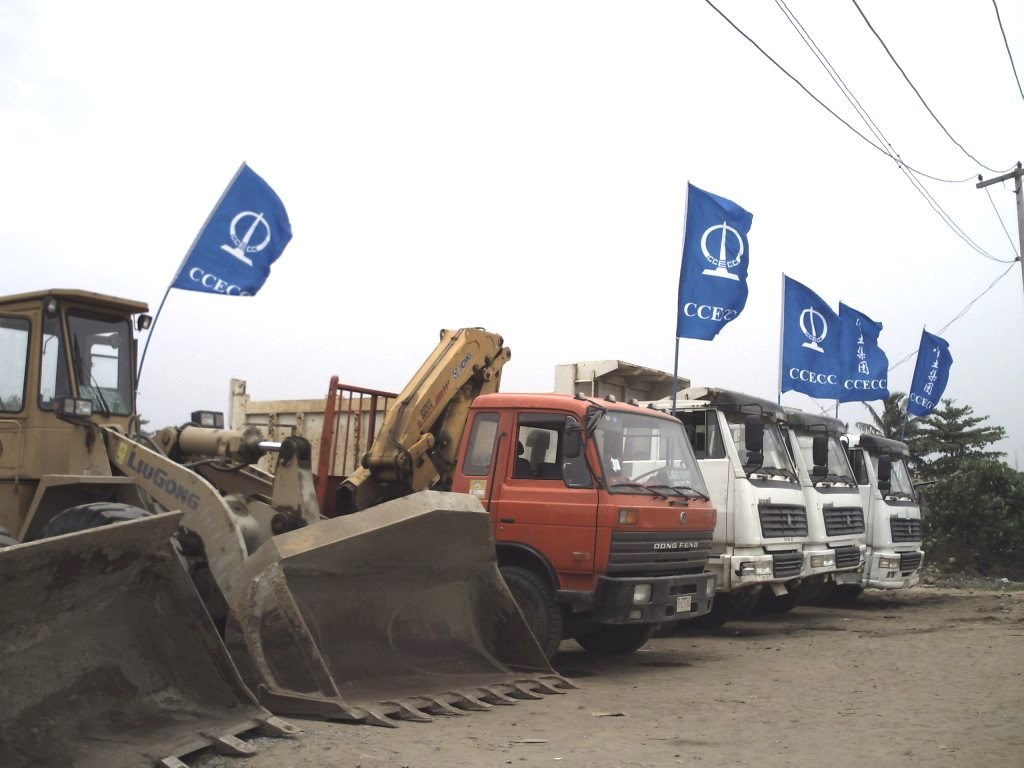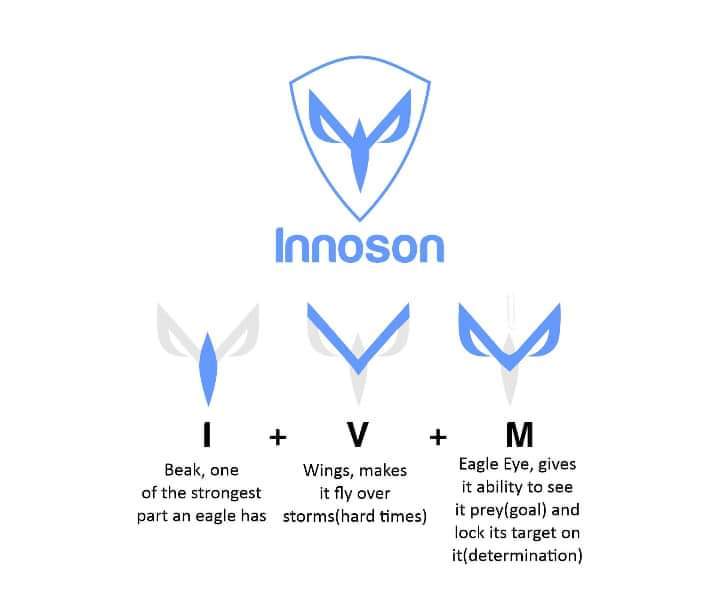The strike action started by drivers under the umbrella of the Professional E-hailing Drivers and Partners Association (PEDPA), involving Uber and Bolt drivers in Lagos have continued as commuters suffer.
The two companies are the biggest players in Nigeria’s ride-hailing industry and have competed for years since their entrance into the Nigerian market in 2014 and 2016 respectively.
One of the ways they have competed is with pricing, with each operator giving promos and lowering fares to try to win over new customers. Yet, over the years, there have been claims that the pricing wars came at the expense of drivers.
Now Uber and Bolt drivers in Nigeria want the pricing to be reviewed because the prices are no longer reflective of the costs they put in. They also want both companies to reduce the commission charged on rides from 25% to 10%.
PEDPA says that it has written letters to Uber and Bolt about their concerns but has received no response. To press home their demands, the drivers will begin a one-week warning strike today with hopes that both companies will come to the table.
Idris Shonuga, the National President of PEDPA, an association affiliated with the Trade Union Congress (TUC) of Nigeria, said “what they (Uber and Bolt) do is deploy an app which facilitates links with riders and they charge a commission. We bear the running costs of fuelling the car and take all the associated risk of managing and running our vehicles.”
“Unfortunately, they fail to give us a say, they keep fixing the price ridiculously low and we’re selling below the cost price.”
Shonuga argues that it has become almost impossible for e-hailing drivers to make a living driving for Bolt or Uber because while inflation is driving prices upward, the cost of the service has remained static.
“You’re seeing several accidents on Lagos roads because drivers are overworking themselves to make very little money; this is systemic slavery of Nigerian youth, many of who are driving because of unemployment.”
Shonuga averred that “For Uber and Bolt drivers to make ₦15,000 ($36) in revenue daily, they have to spend a minimum of 10 hours on Lagos roads. Shonuga also estimates that ₦4,950 ($12) will be used to fuel their cars and then Uber or Bolt will charge ₦3,750 ($9.10) in fees.
“After 10-15 hours of work, drivers may be left with around ₦6,300 ($15.29), which at the lowest end is ₦630 ($1.53) for every hour they work.
“But it gets worse when you consider that many of the drivers on these platforms get the cars they use through hire-purchase agreements that require them to pay ₦20,000 – ₦30,000 ($48.55 – $72.82) per week.
The drivers say these conditions are unfavourable and want ride-hailing companies to give them a seat at the table in making decisions on pricing. They also want these companies to reduce the commission on rides to 10%.
(Additional report from TechCabal)









